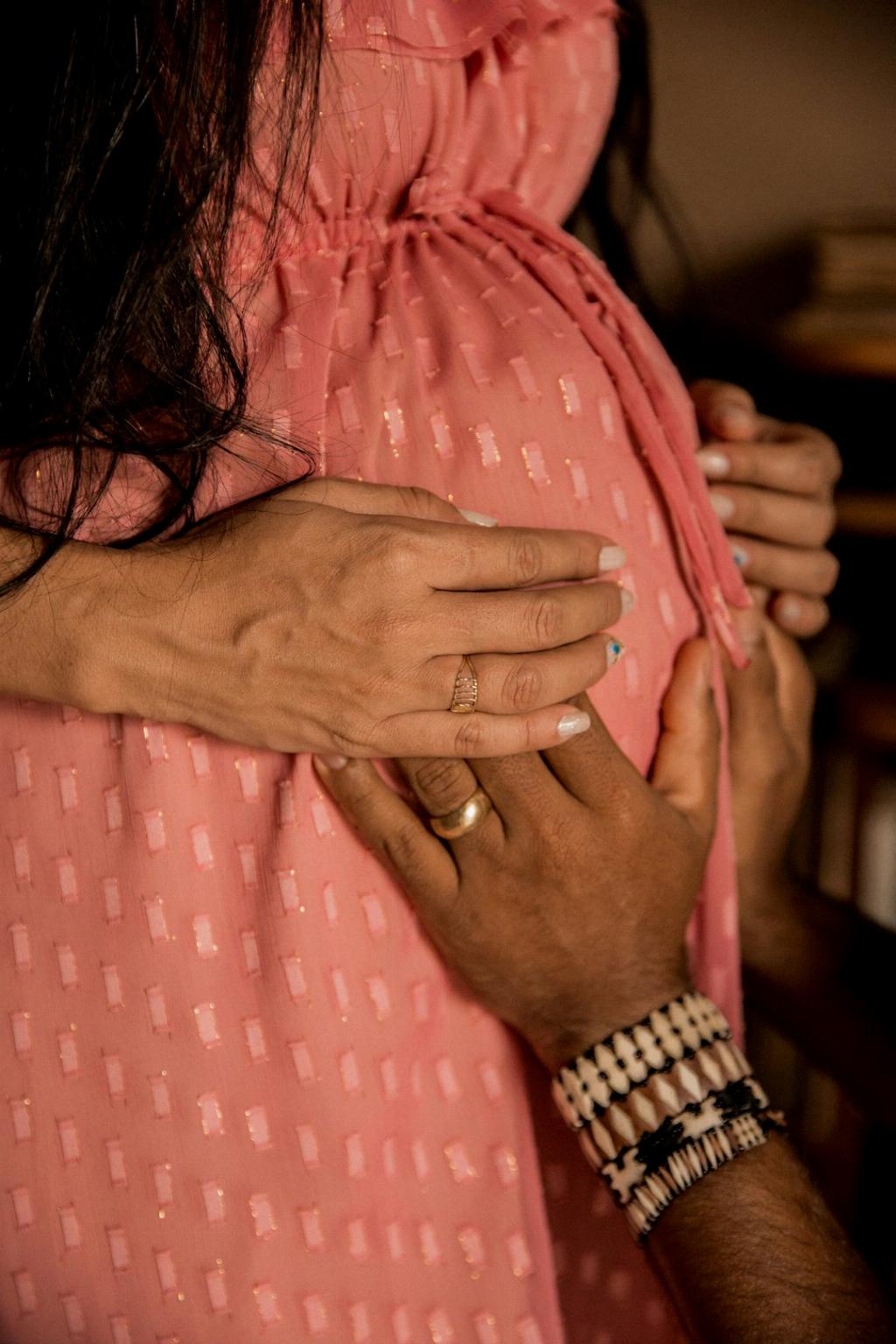Early pregnancy can be a time of great joy and anticipation, but it can also come with its fair share of physical discomforts. One common concern for many women is the issue of stomach pain or cramping in the initial stages of pregnancy.
The Role of Womb Expansion
During the first 12 weeks of pregnancy, the uterus undergoes significant changes as it grows to accommodate the developing fetus. This expansion can lead to mild to moderate stomach pain as the womb stretches and adjusts to the increasing size of the baby.
Ligament Stretching
As the uterus expands, the ligaments that support it also need to stretch to provide adequate stability. This stretching can cause discomfort or a pulling sensation in the pelvic area, contributing to the overall sensation of cramping in early pregnancy.
Impact of Hormones
Hormonal changes play a crucial role in pregnancy and can have a direct impact on the way your body feels. These fluctuations can sometimes lead to abdominal cramps or twinges as your body adjusts to the new hormonal environment.
Constipation Concerns
Constipation is a common issue in pregnancy, particularly in the early stages when hormone levels are rapidly changing. Constipation can cause bloating, gas, and cramping, adding to the discomfort experienced in the abdominal region.
Dealing with Trapped Wind
Trapped wind, also known as gas or flatulence, can be a source of significant discomfort for pregnant women. Hormonal changes and the pressure of the growing uterus on the digestive system can lead to increased gas production and bloating, resulting in cramp-like pains.
When to Seek Medical Advice
While mild stomach pain is common and often a normal part of early pregnancy, it’s essential to be aware of any severe or persistent pain that does not resolve on its own. If you experience sharp or intense abdominal cramping, pain accompanied by bleeding, fever, chills, or other concerning symptoms, it’s crucial to seek medical advice promptly.
Coping Strategies
There are several ways to alleviate mild stomach pain in early pregnancy, including staying hydrated, eating a healthy diet rich in fiber, engaging in gentle exercise, practicing good posture, and using heat packs or warm baths for comfort.
Importance of Prenatal Care
Regular prenatal check-ups with your healthcare provider are crucial during pregnancy to monitor your health and the well-being of your baby. If you have any concerns about stomach pain or cramping, don’t hesitate to discuss them with your doctor or midwife.
Self-Care and Rest
It’s essential to listen to your body and prioritize self-care during pregnancy. Getting an adequate amount of rest, managing stress levels, and practicing relaxation techniques can all help alleviate discomfort and promote overall well-being.
Final Thoughts
In conclusion, stomach pain or cramps in early pregnancy are often related to the natural changes occurring in your body as it prepares for the arrival of your baby. By understanding the factors that can contribute to discomfort and taking steps to address them, you can navigate this period with greater ease and peace of mind.

